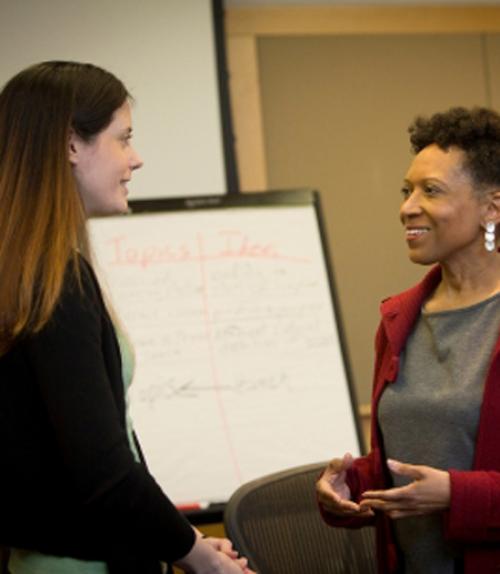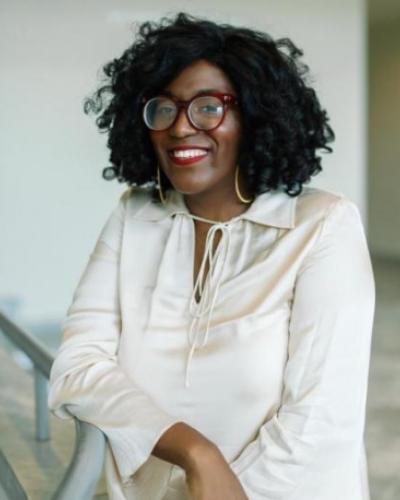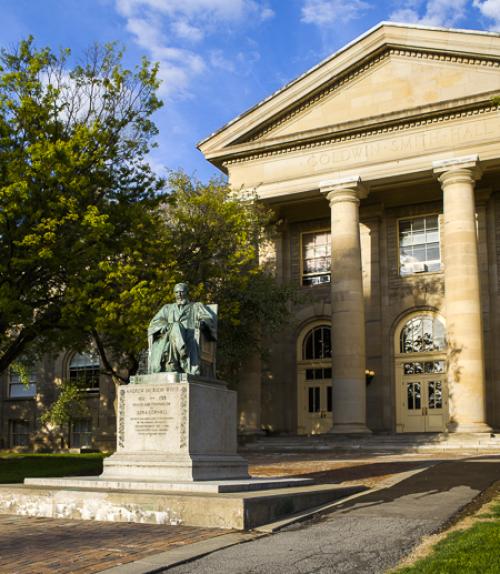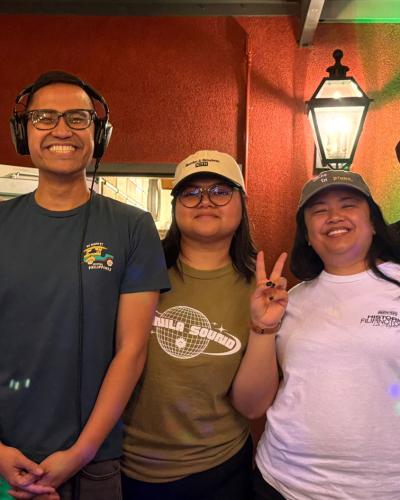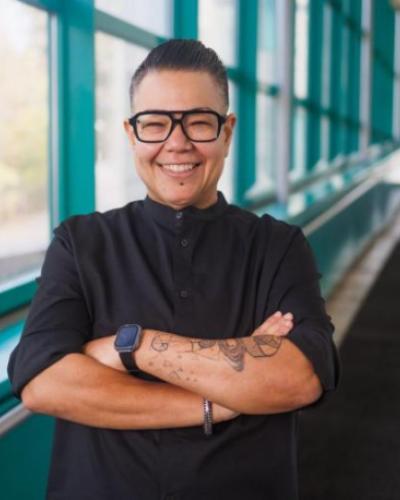 Department Homepage
The College of Arts & Sciences
Department Homepage
The College of Arts & Sciences
Diverse faculty shift national discourse one op-ed at a time
The voices shaping the important conversations of our age, from racial unrest to income inequality and the war on cancer, are now a little more diverse, thanks to a group of Cornell faculty members.
